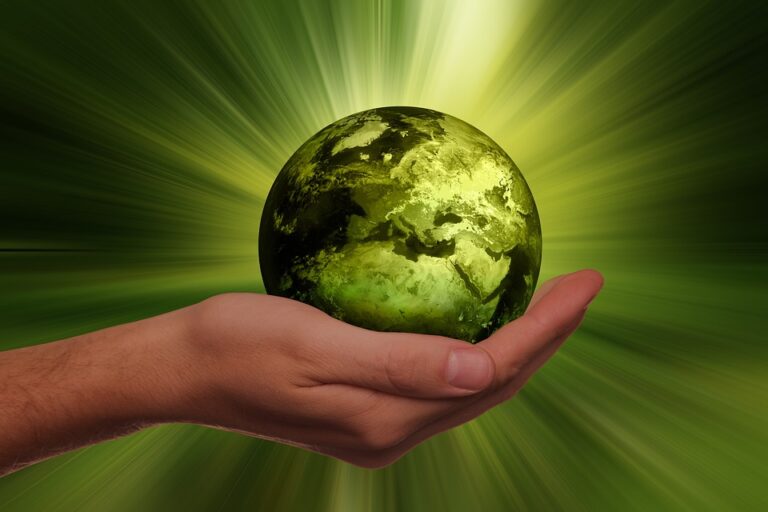
Everyone knows that recycling is essential for promoting a sustainable future. It helps conserve resources, reduces pollution, and minimizes the amount of waste sent to landfills. But what if we told you that there are advanced techniques in waste management and sustainability that go beyond traditional recycling? That’s right—beyond recycling lies a whole world of innovative methods that can further enhance our environmental efforts.
One such method is called composting. While many people are familiar with composting at home, industrial-scale composting is an advanced technique used to manage organic waste from large sources such as restaurants, hotels, and food processing plants. Composting involves creating the right conditions for organic matter to break down into nutrient-rich soil, which can then be used to enrich agricultural lands. This process not only diverts waste from landfills but also reduces the need for chemical fertilizers, conserves water, and improves soil health.
Another advanced technique in waste management is anaerobic digestion. Anaerobic digestion is a biological process that breaks down organic waste in the absence of oxygen. This process produces biogas—a mixture of methane and carbon dioxide—which can be used as a renewable energy source. The leftover material, known as digestate, can be used as a fertilizer. Anaerobic digestion not only reduces our reliance on fossil fuels but also prevents the release of potent greenhouse gases from decomposing organic waste in landfills.
Furthermore, waste-to-energy technologies have emerged as a promising solution to reduce waste while generating renewable energy. These technologies involve converting non-recyclable waste into electricity, heat, or fuel through various processes such as incineration, gasification, or pyrolysis. By harnessing the energy potential of waste, these methods not only reduce the volume of waste in landfills but also provide an alternative to conventional energy sources. However, it is essential to ensure the emission controls and environmental safeguards are in place to minimize any negative impacts on air quality or public health.
In addition to these advanced waste management techniques, sustainable materials management is gaining traction. Instead of solely focusing on the end-of-life phase, sustainable materials management encompasses the entire lifecycle of products, considering factors such as design, production, consumption, and disposal. By adopting a life cycle perspective, we can minimize waste generation, conserve resources, and promote the circular economy, where materials flow in a closed-loop system, avoiding depletion and waste accumulation.
To further push the boundaries of waste management and sustainability, research and innovation are crucial. Scientists and engineers across the globe are exploring cutting-edge technologies to recycle materials that were once considered non-recyclable, such as mixed plastics or contaminated waste streams. Advanced sorting techniques, chemical processes, and mechanical recycling methods are being developed to break down these complex materials into their component parts, enabling their reuse and reducing reliance on virgin materials.
Moreover, the concept of waste management is expanding to include the concept of waste prevention or reduction. Instead of solely relying on recycling or disposal, efforts are being made to minimize waste generation at its source. This can be achieved through various means, including educating consumers about sustainable consumption habits, implementing circular product design principles that prioritize durability and repairability, and encouraging businesses to adopt waste reduction strategies.
In conclusion, while traditional recycling has made significant strides in waste management and sustainability, exploring advanced techniques is essential to push the boundaries further. From industrial-scale composting and anaerobic digestion to waste-to-energy technologies and sustainable materials management, these approaches offer innovative solutions to minimize waste, conserve resources, and foster a more sustainable future. By investing in research, innovation, and education, we can unlock the full potential of these advanced techniques and move towards a waste-free, circular economy.
Younger Glowing Skin - Discover Ancient Ayurvedic Secrets at DoctorIndiaHerbals.com
Explore One of the Largest Collections of Dinosaur-Themed Toys, Games, Gifts, Decor, and More at DinoAvenue.com
Discover Premium Design Elevator Shoes for Men and Women at LondonCobblers.com
Discover Hidden Family Destinations for Vacations at Places.Travelz.io
Find the Best Deals on Airfare and Hotels with Advanced Metasearch Technology at www.Travelz.io
30% off on Kids items
STEM science experiments for Kids
Premium Science Toys and experiments